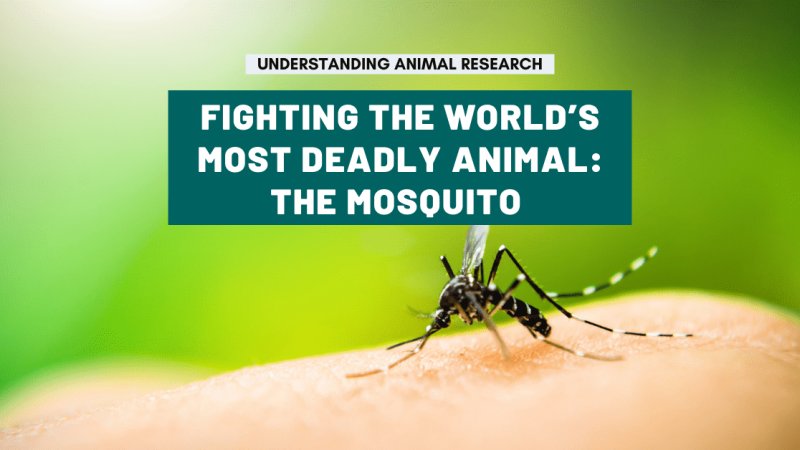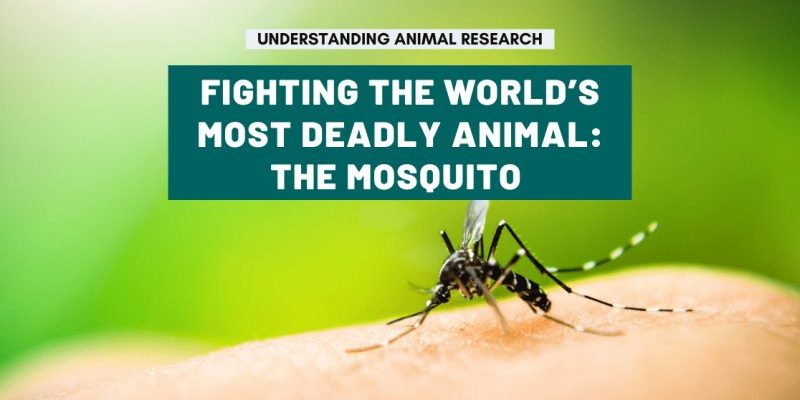
Imagine a mosquito as a miniature delivery vehicle, always on the hunt for its next “package” — that being your blood. It’s like a tiny vampire, zipping around looking for its next meal. Unfortunately, some of these vampires are carrying more than just a thirst for blood; they can also carry deadly diseases that spread like wildfire. Understanding the risks can help us stay safe and avoid unnecessary bites.
Understanding Mosquitoes and Their Habitats
Mosquitoes thrive in warm, humid environments. They’re often found near standing water, like ponds, marshes, or even your backyard birdbath. They lay their eggs in these slow-moving waters, where they can hatch and grow into the adult mosquitoes that we know all too well. Honestly, it’s a bit of a cycle; water attracts mosquitoes, and mosquitoes find their way to us.
Most species of mosquitoes are active around dawn and dusk, making those evening barbecues a prime time for bites. You might be wondering why they bite at all. Well, female mosquitoes need blood for their eggs to develop. It’s not personal; it’s just biology.
The Diseases Mosquitoes Can Transmit
Now, let’s get to the serious part: the diseases. Mosquitoes are known vectors for several harmful illnesses. Here’s a quick rundown of the most common ones:
- Malaria: Transmitted by the Anopheles mosquito, this disease can be life-threatening and is prevalent in tropical and subtropical regions.
- Dengue Fever: Spread by the Aedes aegypti mosquito, dengue can lead to severe flu-like symptoms and, in some cases, can be fatal.
- Zika Virus: This virus gained attention due to birth defects in babies born to infected mothers. It is mainly spread by the same Aedes mosquitoes.
- West Nile Virus: Often mild in most cases, this virus can cause serious neurological issues in some individuals. It’s carried by various species of mosquitoes.
Each of these diseases can lead to significant health issues, so it’s essential to take mosquito bites seriously.
How Mosquito Bites Affect Humans
When a mosquito bites you, it injects saliva that contains anticoagulants to keep your blood flowing. This is why you might feel a little sting and then experience itching. For some people, particularly those allergic to these proteins, the reaction can be much worse, resulting in swollen areas that can be quite uncomfortable.
Here’s the thing: while most people will experience mild symptoms, some may suffer more severe reactions. If you notice symptoms such as fever, headaches, fatigue, or joint pain after a mosquito bite, it’s a good idea to seek medical attention. Remember, not all mosquitoes are created equal; some carry more dangerous pathogens than others.
Preventing Mosquito Bites
So, how do we avoid these pesky bites? There are several strategies you can use to keep mosquitoes at bay:
- Use Insect Repellent: Choose a repellent containing DEET, Picaridin, or oil of lemon eucalyptus. Spray it on exposed skin before heading outside.
- Wear Protective Clothing: Light-colored, loose-fitting clothing can help. Long sleeves and pants are your best friends during the mosquito season.
- Eliminate Standing Water: Regularly check your yard for stagnant water and remove it. This includes flowerpots, birdbaths, and clogged gutters.
- Install Screens: Make sure windows and doors have screens to keep mosquitoes out of your home.
Taking these steps can significantly reduce your risk of being bitten.
What To Do If You Get Bitten
If you do end up with a mosquito bite, it helps to know how to manage it. First off, resist the urge to scratch. This can lead to infection. Instead, follow these simple steps:
1. Clean the Area: Wash the bite with soap and water to reduce the risk of infection.
2. Apply Ice: A cold pack can help reduce swelling and numb the area, providing some relief.
3. Use Anti-itch Cream: Over-the-counter creams or lotions can help ease the itching.
4. Monitor Symptoms: Keep an eye on your bite; if it turns red, swells, or shows signs of infection, consult a healthcare professional.
Taking care of your bites can help you avoid complications and feel more comfortable.
Why Awareness Matters
Understanding the risks associated with mosquitoes is crucial. Not only can they be annoying, but they also play a significant role in public health. Communities need to work together to control mosquito populations and educate everyone on prevention methods.
For instance, many health departments run awareness campaigns about preventing diseases like Zika and West Nile Virus. It’s all about creating a safer environment for everyone.
So, are mosquitoes dangerous to humans? Absolutely. While they might be small, their impact can be significant, particularly regarding the diseases they carry. But with awareness and preventive measures, you can reduce your risk and enjoy the outdoors more safely.
Ultimately, the key is to stay informed and take proactive steps. Avoid standing water, use repellents, and be vigilant about your surroundings. By doing so, you’ll be better equipped to fend off these tiny dangers and enjoy your time outside without worry. Stay safe!

